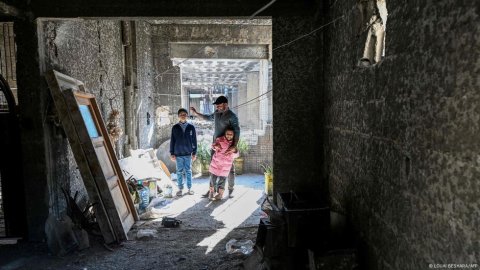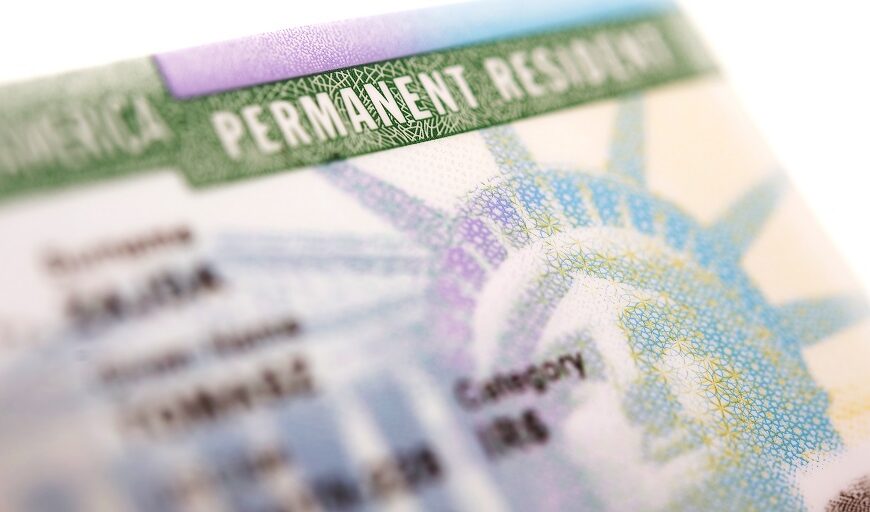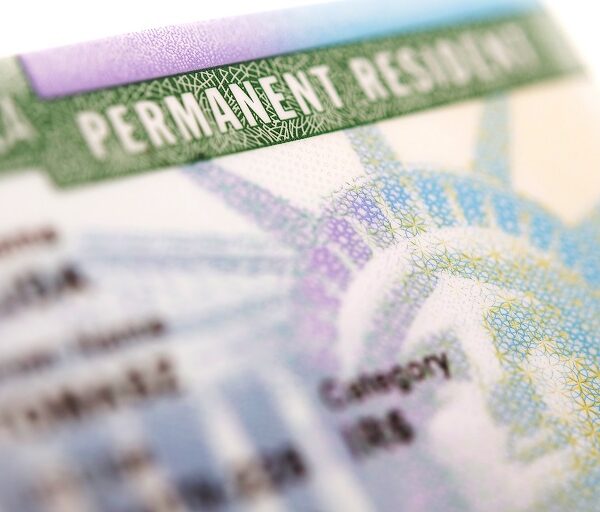Germany Proposes Home Visits for Syrian Refugees Amid Ongoing Conflict
In a significant move that highlights both humanitarian concerns and the complexities of immigration policy, Germany has proposed allowing Syrian refugees to visit their home country. This initiative comes against the backdrop of a protracted and devastating conflict that has displaced millions and left many seeking safety and stability abroad. As the conversation around refugees evolves, it is essential to understand the implications of such a proposal and what it might mean for those affected.
The Context of the Proposal
Since the outbreak of the Syrian civil war in 2011, Germany has been one of the leading European nations in accepting refugees fleeing the conflict. Over the years, the country has welcomed hundreds of thousands of Syrians, providing them with shelter, security, and a chance to rebuild their lives. However, as the war persists with no clear end in sight, many refugees are grappling with a profound sense of loss and longing for their homeland.
Germany’s proposal to permit home visits is rooted in several factors:
Challenges and Considerations
While the intention behind allowing home visits is commendable, it is fraught with challenges. The situation in Syria remains precarious, with ongoing conflicts and humanitarian crises. Therefore, several considerations must be taken into account:
Safety Concerns: The first and most pressing issue is the safety of refugees returning to Syria. Many regions remain unstable, and the risk of violence or persecution is significant. It is crucial to determine which areas are deemed safe for returnees and how this will be assessed.
Impact on Refugee Status: Another critical consideration is how these visits might affect the refugees’ legal status in Germany. There are concerns that returning to Syria, even temporarily, could jeopardize their asylum claims, as it may be interpreted as a sign that they no longer face persecution.
Political Reactions: The proposal is likely to elicit mixed reactions from various political factions within Germany. While some may support the initiative as a gesture of goodwill, others may view it as a potential loophole in the asylum system that could encourage more individuals to return home, thereby complicating the refugee situation further.
Implementing the Proposal
If the proposal moves forward, careful implementation will be essential. Here are some potential steps that could be taken to ensure the safety and rights of Syrian refugees:
The Broader Implications
The discussions surrounding home visits for Syrian refugees raise broader questions about the nature of asylum and the responsibilities of host countries. As the global refugee crisis continues to evolve, nations must grapple with the balance between providing refuge and addressing the complexities of return.
Key implications to consider include:
Conclusion
Germany’s proposal to allow Syrian refugees to visit their home country is a complex and multifaceted issue that underscores the ongoing challenges faced by those affected by the Syrian conflict. While it reflects a compassionate response to the needs of refugees, it also raises important questions about safety, legal implications, and the broader responsibilities of host nations.
As the situation continues to develop, it is crucial for policymakers to engage in thoughtful dialogue and consider the diverse perspectives of refugees themselves. Ultimately, the goal should be to ensure that any measures taken are in the best interest of those who have already endured so much hardship. The path forward will require balancing compassion with caution, as the world watches and hopes for a resolution to the crisis that has affected millions.







